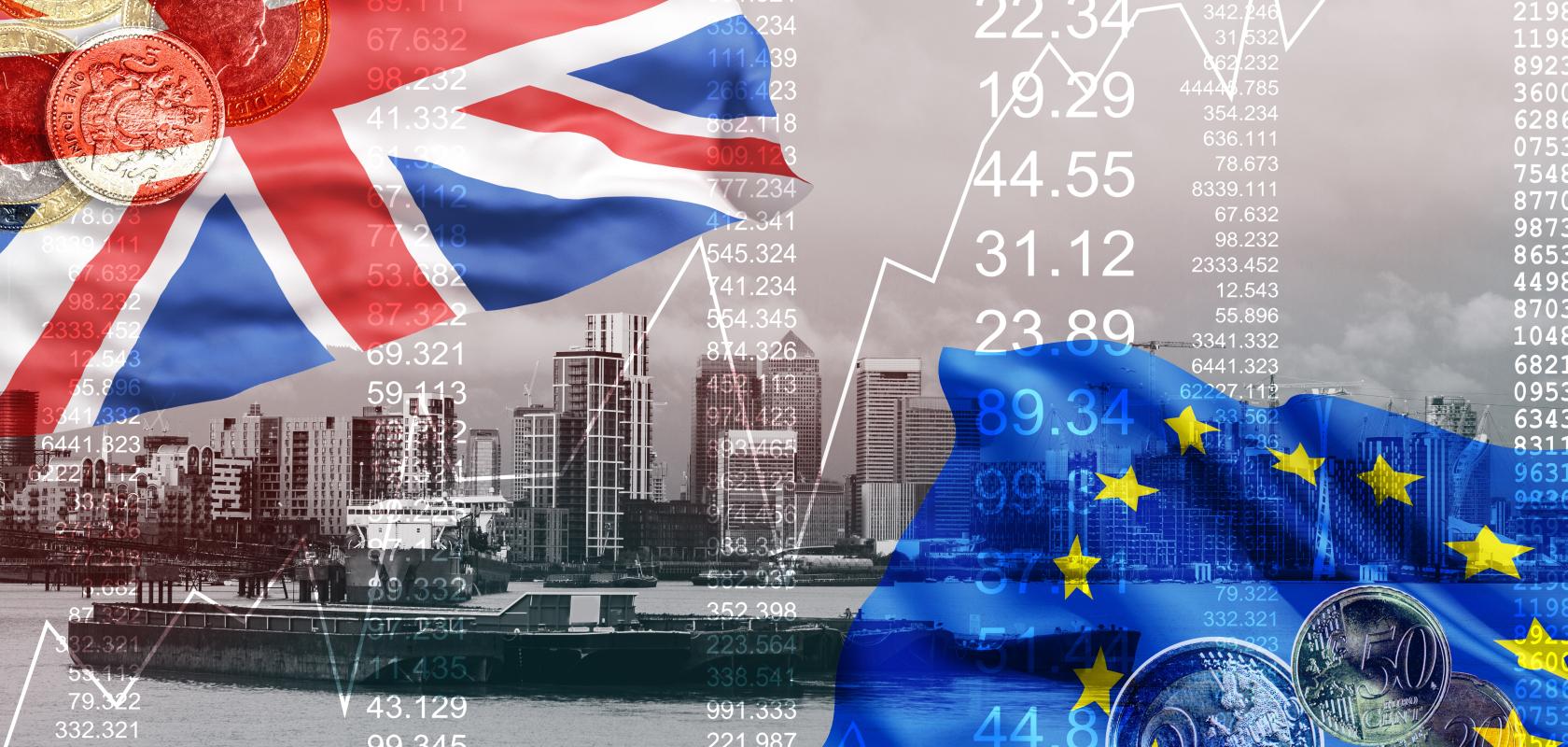Members of Europe's microtechnology sector are concerned that Brexit impacts such as investment delays and higher levels of bureaucracy could affect their businesses.
This is according to a recent survey conducted by the IVAM Microtechnology Network, an industry association representing organisations in the fields of microtechnology, nanotechnology, advanced materials, MEMS and photonics, who consulted 3,243 companies and research institutes to produce the report.
Compared to a similar IVAM survey from 2016, published just before the Brexit vote, expectations – especially for the British industry – have worsened since 2016, mainly as a result of the conditions of Britain’s withdrawal being so uncertain.
Almost 60 per cent of IVAM’s members anticipate a negative impact on their own business, compared to 36 per cent in 2016.
Capital investment in the UK has already declined as a consequence of the Brexit vote, according to various economic reports. This was reflected in the survey, with more than 80 per cent of participants stating that Brexit is having, and will continue to have, a negative impact on UK investment.
With the framework conditions for foreign trade relations unestablished, funding decisions and investments are being put on hold. Even if an agreement between the UK and the EU were soon reached, certain damage to business would not be averted, a survey participant from the UK commented.
Trade relations between Great Britain and the European Union will likely be regulated more strongly after Brexit. Britain’s independence is expected to put a higher bureaucratic load on companies in both regions, the UK and the European Union. While in 2016, a negative impact of Brexit on regulations was predicted mostly for the industry in the United Kingdom, respondents now also expect the industry in the remaining EU countries to face more bureaucracy.
While trade negotiations between the UK and the EU have reached a dead end, only one third of survey respondents expect a deal that could give Britain some benefits of EU membership.
Regarding agreements between the UK and non-European countries, the industry is more optimistic – but still more pessimistic than three years ago. The odds that Britain will be able to negotiate favourable trade agreements outside the EU were rated just under 14 per cent in 2016; today it is just over 30 per cent.
Britain will certainly need to renegotiate or expand its international trade relations on many frontiers.


